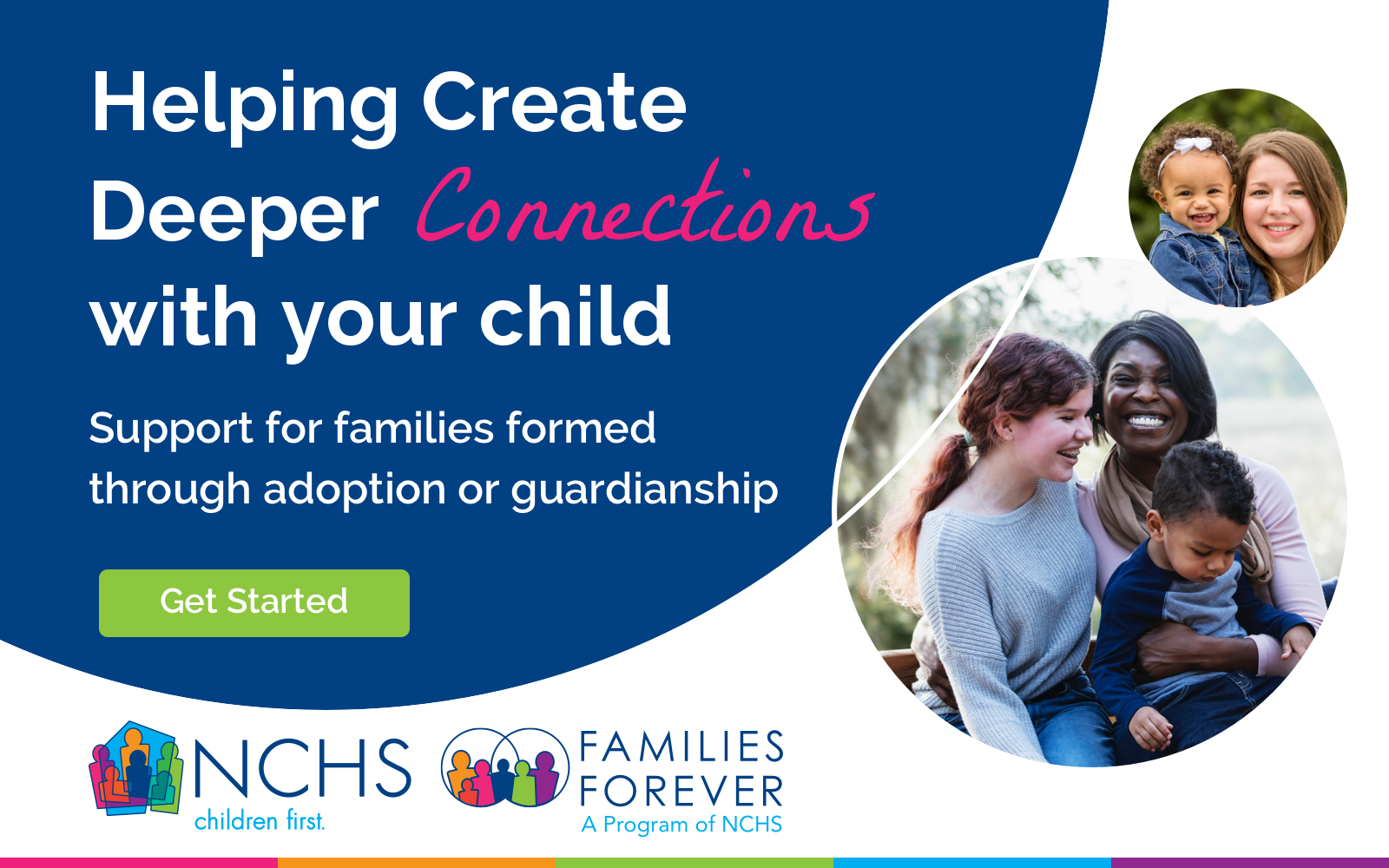Every family faces its fair share of challenges. When you share a home and a life, moments of turmoil are sure to arise from time to time. Adoptive families are just like every other family: a beautiful mess that is perfectly imperfect.

Let’s face it — parenting is one of the most important and challenging jobs in the world. Interestingly, it’s also the one job we are often the least prepared to do. Children don’t come with an instruction manual, so the roadmap for a successful home environment might not always be so clear. Most parents do the best they can, but nobody has all the answers. Getting a fresh perspective and advice from outside of the family unit can help a struggling parent learn new strategies and see a better way forward.
As an adoptive family, you are not alone. Chances are that many of the challenges you face are commonly shared by other adoptive families. Some of these struggles include:
Answering Difficult Questions
While all children will have questions that their parents might have difficulty answering, you’re sure to face some challenging and unique questions from your child as an adoptive parent. One unique challenge is that sometimes you might not be able to share certain answers with them.
Some questions you might encounter include:
- Who is my birth mother?
- Where is my biological parent(s)?
- Why didn’t my parents want to keep me?
Children are bound to be curious, and these emotional questions might be difficult topics of conversation for you and your children. As an adoptive parent, you need to be prepared to have these discussions as a family. These questions typically are brought up at times you might not expect it! It’s good to have a plan in place for answering these questions.
NCHS advises you to be honest with your child, always. If you don’t know the answer to the question being asked, it’s okay to let them know that! You can always take the time to find the answer before responding. We also advise adoptive parents to not use bias, negative tones, or negative context when talking about birth parents or families. It is important to let your child form their own opinions.
Tip: You can even ask other adoptive parents how they’ve handled these topics with their own children!
Navigating Physical Differences
Sometimes adoptive parents look similar to their children, while other adoptive parents have more obvious physical characteristics that make it known they are not the biological parent. Adoptive parents often face challenges surrounding their physical differences that biological parents do not. If you look different from your child, you may face some challenges down the road when your child is old enough to become aware of the differences. Adoptive parents would benefit from a support system to rely on to help them feel understood and heard when dealing with these situations.
Emotional Trauma
One fact about adoption is that some adoptive children have experienced past trauma that may impact their health and development. Children who have experienced one or numerous adverse childhood experiences may have developed behaviors that have helped them cope with the traumatic events. Still, these coping mechanisms often present themselves as challenges in their new homes. Adoptive parents need to give their children the time it takes for them to feel safe and comfortable in their new homes. Adoptive parents can be prepared for these situations by educating themselves on signs of trauma. By recognizing trauma triggers, adoptive parents can stay ahead of the issues and seek help if necessary.
Attachment Troubles
It’s no secret that adoptive families can face challenges and disruptions to childhood development. When children are young, they are very impressionable with what skills they develop and the beliefs and values they hold. When these children are adopted, it can make this process more complex. If the attachment process gets disrupted in early childhood, it can be difficult for children to form healthy relationships and feel safe to play, learn, and develop. Adoptive parents will need to have a strategy in place to identify any issues before they get out of hand and how to tackle these kinds of developmental barriers.





